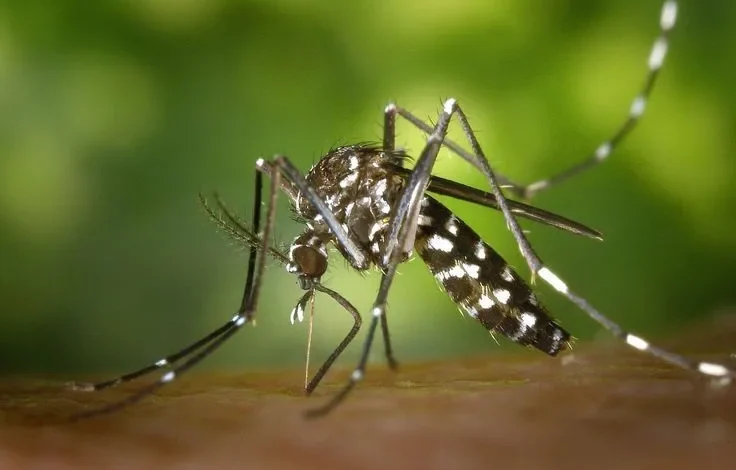NMEP recommends treatment for uncomplicated malaria in NIgeria

The National Malaria Elimination Programme (NMEP) of the Federal Ministry of Health has recommended Artemisinin-based combination therapies (ACTs) for the treatment of uncomplicated malaria in Nigeria.
During a news conference in Abuja on Friday, Programme Officer Wudi Tanko shared insights in a presentation titled “Effective malaria case management, appropriate use of malaria medicines.”
She highlighted several effective treatments, including:
- Artemether-Lumefantrine (AL)
- Artesunate–Amodiaquine (AA)
- Dihydroartemisinine–Piperaquine (DHP)
- Artesunate-Pyronaridine (PA)
These medicines come in different dose combinations, aiming to cure malaria quickly and prevent it from worsening.
“ACTs are the recommended treatments for uncomplicated malaria globally,” Tanko explained. “If a patient does not respond after two to three days, it’s important to review the diagnosis and investigate for other diseases.”
She noted that ACTs work effectively because they use two or more drugs to target the malaria parasite from different angles, reducing the chance of the parasite developing resistance.
However, Tanko warned against using monotherapy, which involves treating malaria with just one anti-malaria medicine. She pointed out that therapies like artesunate, artemether injection, chloroquine, and sulfadoxine-pyrimethamine (SP) are not effective for uncomplicated malaria.
“Monotherapies are not recommended and cannot cure malaria,” she said, adding that chloroquine and SP are outdated treatments. Although artesunate and artemether work quickly, their effects do not last long enough to eliminate all parasites.
“Using monotherapies for uncomplicated malaria is an abuse,” she cautioned. The risks of monotherapy include incomplete treatment, more severe disease, and increased drug resistance.
Godwin Ntadom, the NMEP national coordinator, emphasized the importance of proper environmental sanitation to eliminate malaria. He clarified that diagnosing malaria should always involve testing and not just relying on symptoms.
“Every suspected case of malaria should be tested,” he urged.
Tolulope Fagbemi, the Assistant Director for Surveillance, Monitoring, and Evaluation at NMEP, also stressed the importance of maintaining a clean environment and clearing areas where mosquitoes can breed.
He added, “If a child has a fever, the parent should get the child tested and treated appropriately.” Fagbemi also recommended that pregnant women attend antenatal care early and highlighted the importance of sleeping under insecticide-treated nets.





